Belarusians will vote on Sunday in a presidential election that is all but certain to see President Alexander Lukashenko win a seventh term.
Belarus concludes its presidential election on Sunday, but the winner is already beyond doubt. The outcome has been consistent for the past 30 years.
Since 1994, one man's name — Alexander Lukashenko — has come out on top.
The 70-year old authoritarian leader is frequently dubbed "Europe's last dictator", and many of his political opponents are either imprisoned or exiled abroad.
In the most recent election in 2020, Lukashenko was declared winner with 80% of the vote. That triggered accusations of voting fraud, months of protests and a harsh crackdown leading to 65,000 arrests. Opposition figures were jailed or forced to flee.
Although Lukashenko’s current term — his sixth — doesn't expire until the summer, he chose to bring the elections forward from August to January, which is bitterly cold in Belarus. According to Belarusian political analyst Valery Karbalevich, this is a calculated bid to deter demonstrators from taking to the streets to protest the election results.
"There won’t be mass protests in freezing January," he said.
Crackdown on dissent
Lukashenko is a close ally of Russian President Vladimir Putin, and he relies on subsidies and political support from Moscow to maintain his iron-fisted grip on power in Belarus.
As he bargained with the Kremlin over the years for more subsidies, Lukashenko periodically tried to appease the West by easing repression in his country. But this tactic ended after he unleashed a violent suppression of dissent following the 2020 election.
Tens of thousands of Belarusians were arrested, and thousands were beaten by police forces in a sweeping crackdown by the state. In parallel, hundreds of independent media outlets and NGOs were closed and outlawed.
In response, the West sanctioned Belarus. Such sanctions on the country have intensified after Russia was found to be using its neighbour to circumvent European sanctions imposed on Moscow because of the full-scale invasion of Ukraine in 2022.
As it stands, 287 individuals — including Lukashenko himself — in Belarus have been sanctioned by the EU, as well as 39 entities.
On Friday, the European Commission described the elections as "a total sham".
"They're not elections when you already know who will win," said the Commission's spokesperson on foreign affairs Anitta Hipper.
"The EU is continuing to support the Belarusian people. We are also continuing to put pressure on the regime," she said. The Commission said last month said it was providing €30 million to support civil society in Belarus, having already provided €140m since 2020.
As for what remains of the opposition, human rights activists say the country is holding around 1,300 political prisoners behind bars. The Nobel Peace Prize laureate Ales Bialiatski, founder of the country’s top rights group Viasna, is among them.
“Through a brutal campaign against all dissent, the authorities have created a suffocating climate of fear, silencing anything and anyone who challenges the government,” said Marie Struthers, Amnesty International’s Eastern Europe and Central Asia director.
Soviet-style strongman
Belarus was part of the Soviet Union until its collapse in 1991. The Slavic nation of 9 million people is sandwiched between Russia, Ukraine, Latvia, Lithuania and Poland — with the latter three all being NATO members. During World War II, it was occupied by Nazi Germany.
Lukashenko, a former state farm director, was first elected in 1994, riding a wave of public anger in the face of a catastrophic plunge in living standards after chaotic free-market reforms. He promised to combat corruption.
An open admirer of the Soviet Union, Lukashenko's government oversees Soviet-style controls on the economy and actively discourages use of the Belarusian language — in favour of Russian. The leader also pushed the country to abandon its red-and-white national flag, in favour of one similar to that which it used as a Soviet republic.
Belarus' top security agency propagates fear, retaining its Soviet-era name of the KGB (Komitet Gosudarstvennoy Bezopasnosti). It is also the only country in Europe to uphold the death penalty, with executions carried out with a gunshot to the back of the head.
And in February 2022, Lukashenko allowed Russia to use Belarusian territory to invade Ukraine, later agreeing to host some of Russia’s tactical nuclear weapons.
Manoeuvring before the election
Lukashenko recently pardoned more than 250 people, who were described as political prisoners by rights activists. On Friday, two days before the election, he pardoned 15 prisoners in what state media described as a "humanitarian gesture".
The pardons, however, come amid heightened repressions aimed at uprooting any remaining signs of dissent. Hundreds have been arrested in raids that targeted relatives and friends of political prisoners. Participants in online chats organised by residents of apartment buildings in various cities across Belarus have also been arrested.
Katya Glod, policy fellow with the European Leadership Network, noted the election “takes place in the atmosphere of fear and repression, which has been really unrelenting since 2020.”
Unlike the 2020 election, Lukashenko faces only token challengers, with other opposition candidates rejected for the ballot by the Central Election Commission.
“The politicians who once dared to challenge Lukashenko are now literally rotting in prison in torture conditions, there has been no contact with them for over a year, and some of them are in very poor health,” said Viasna representative Pavel Sapelka.
Opposition leader-in-exile Sviatlana Tsikhanouskaya — who dared to challenge Lukashenko in the 2020 election — was forced to flee the country afterwards. She says the latest vote is a farce and urged Belarusians to vote against every candidate.
Her husband, activist Siarhei Tsikhanouski, was jailed when he tried to run for president four years ago — and remains imprisoned.
Belarus' nuclear protection from Russia
In December, Lukashenko and Putin signed a pact granting Belarus security guarantees, including the possibility of using Russian nuclear weapons in the case of an attack.
The pact came after Moscow reviewed its nuclear doctrine, placing Belarus under the Russian "nuclear umbrella" for the first time amid tensions with the West over the war in Ukraine.
Lukashenko says Belarus is holding dozens of Russian tactical nuclear missiles. Their deployment expands Russia's capability to strike Ukraine and NATO allies in Europe.
Belarus' leader also asked Putin to deploy Russian hypersonic Oreshnik missiles, first used in Ukraine in November, on Belarusian territory.
The Russian president promised to deliver them in the second half of 2025, with the missiles under Moscow's control and Minsk choosing the targets.

 5 hours ago
2
5 hours ago
2
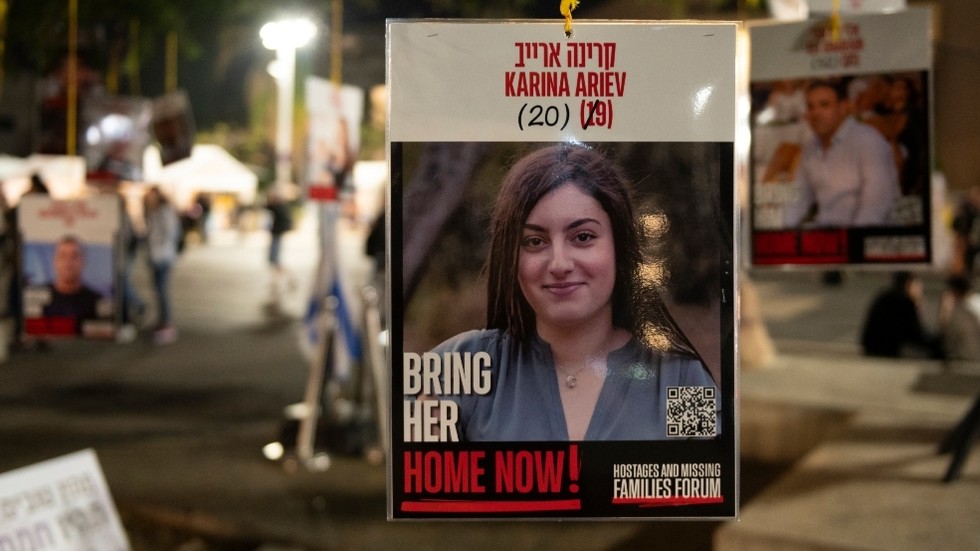
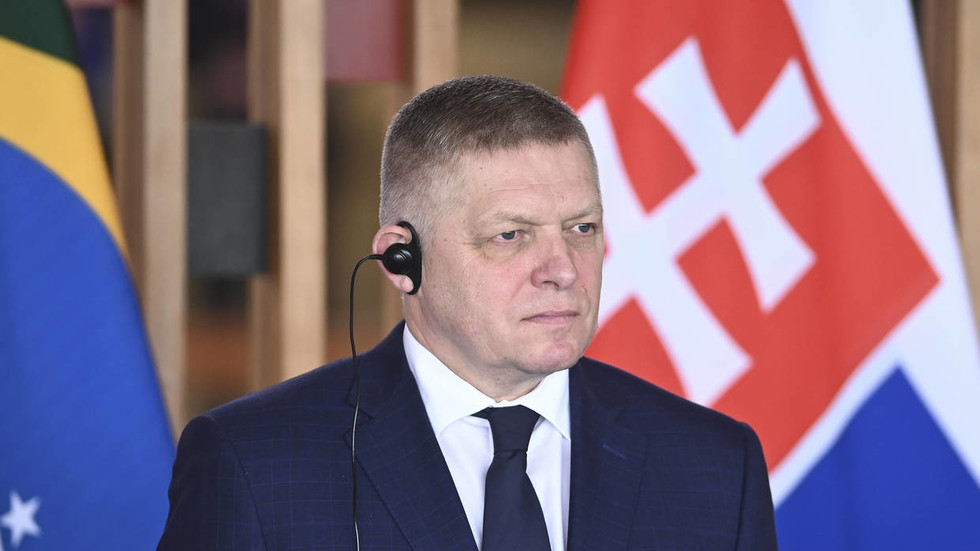

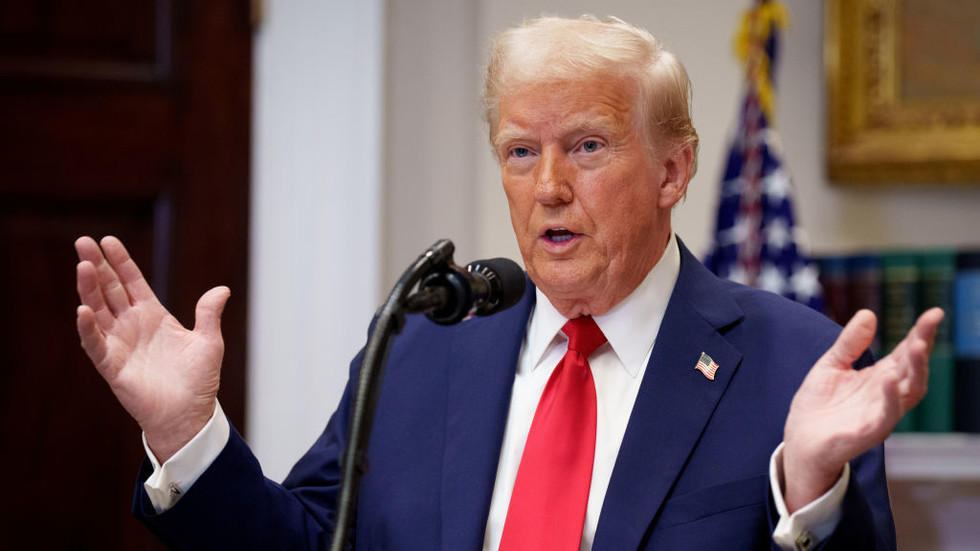
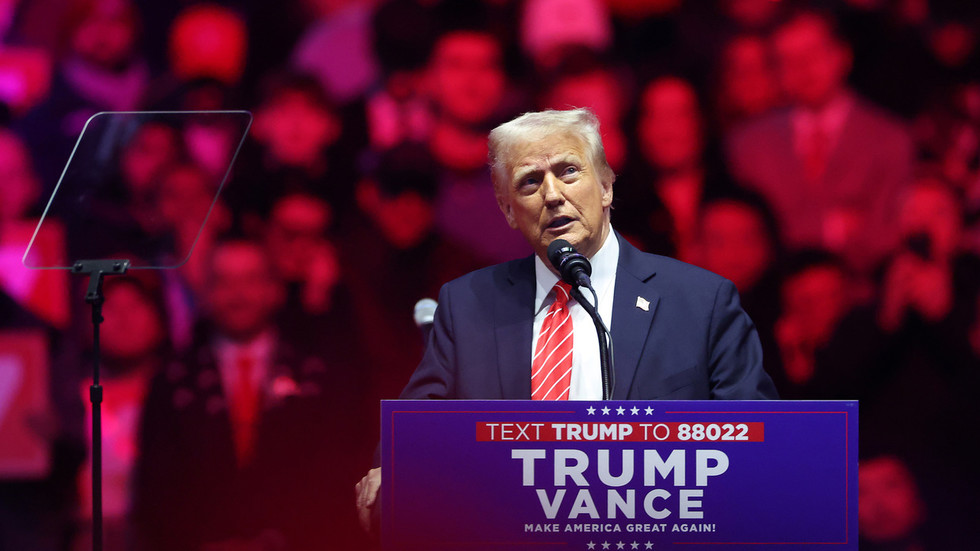
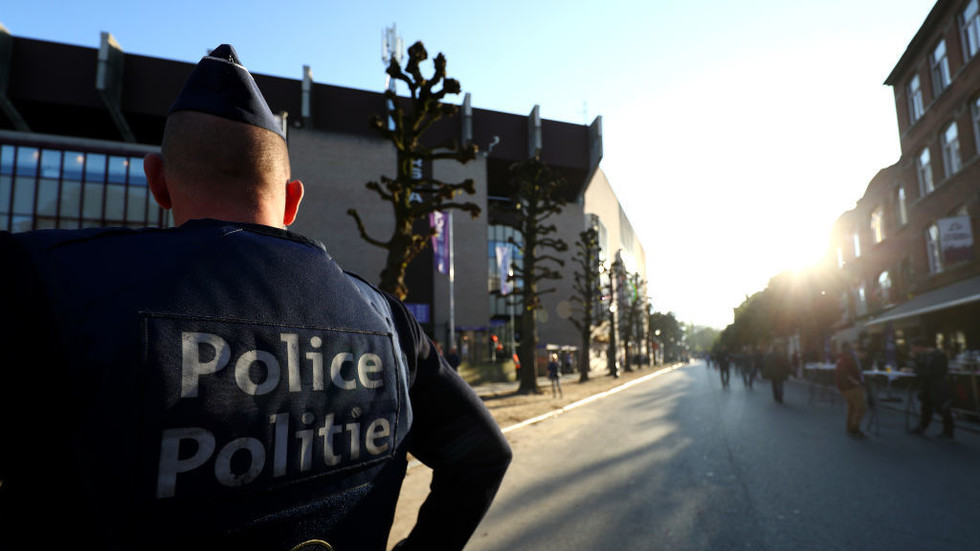
 We deliver critical software at unparalleled value and speed to help your business thrive
We deliver critical software at unparalleled value and speed to help your business thrive






 English (US) ·
English (US) ·